-
Recently Browsing 0 members
- No registered users viewing this page.
-
Latest Activity
-
WOW thanks so much for posting this - do you know if the per-day acts - or set-times have been announced yet, or do you think this is just guessing? (Getting excited now reading this!)
-
If the Mary wallopers are clashing with Paul Heaton I will be f**king raging.
-
Pretty much. Man City's financial antics are one thing, but Liverpool's form in the last month or so has been pretty poor. Salah and Nunez have been much better going forward than in recent works. Also I see how little faith the poster had in Arsenal sticking the landing and keeping the Man City wolf from knocking down the door.
-
Crucially, Oxfams own cancellation deadline is Monday. I'd expect that we hear something fairly soon after that, but probably not before.
-
-
Latest Festival News
-
Featured Products
-

Monthly GOLD Membership - eFestivals Ad-Free
2.49 GBP/month
-
-
Hot Topics
-
Latest Tourdates





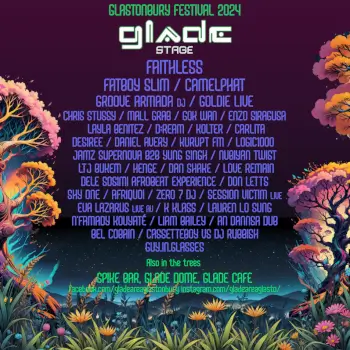
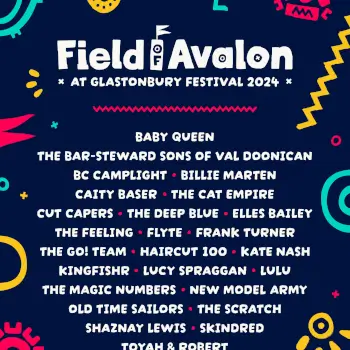
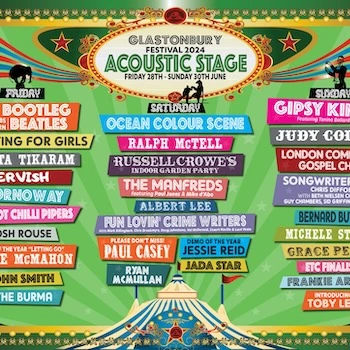
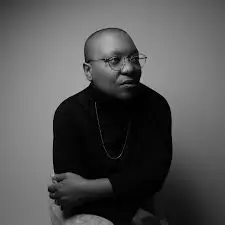

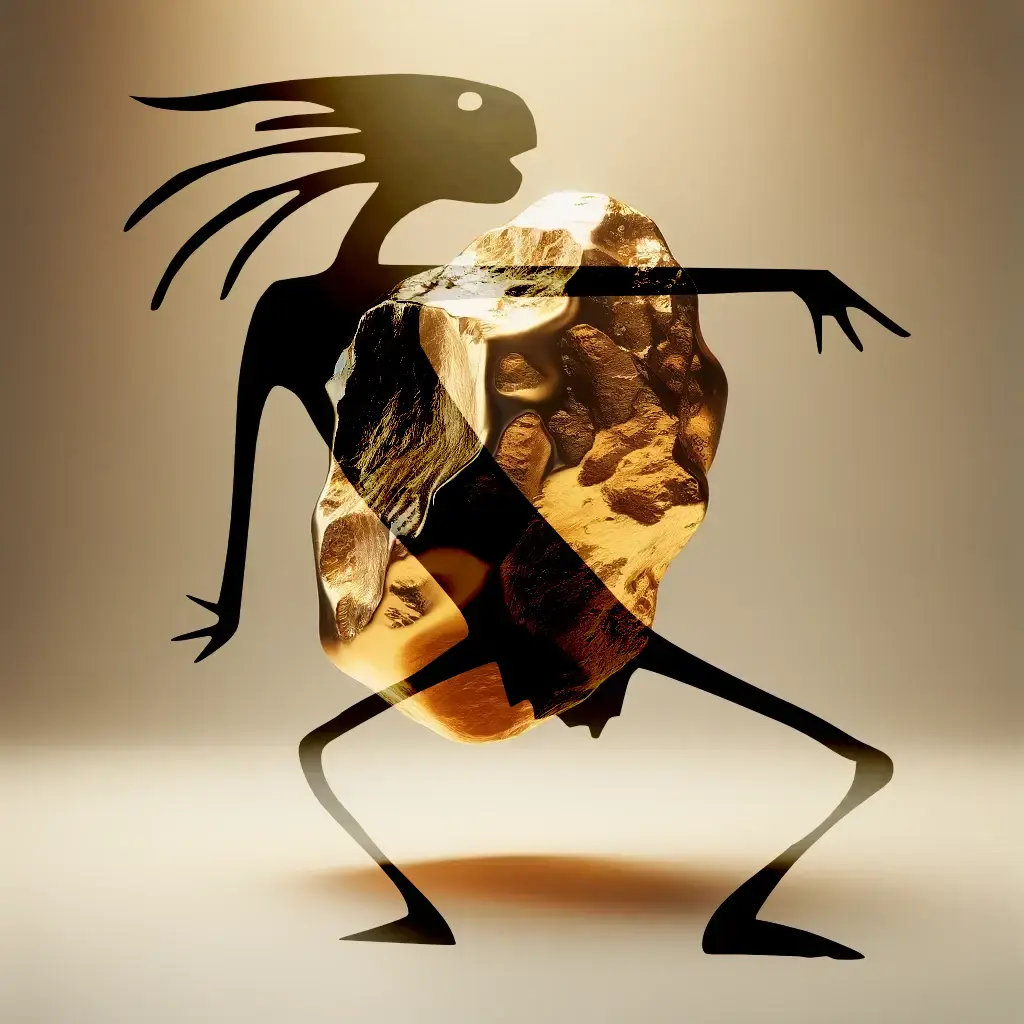



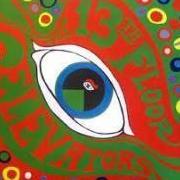

Recommended Posts
Join the conversation
You can post now and register later. If you have an account, sign in now to post with your account.